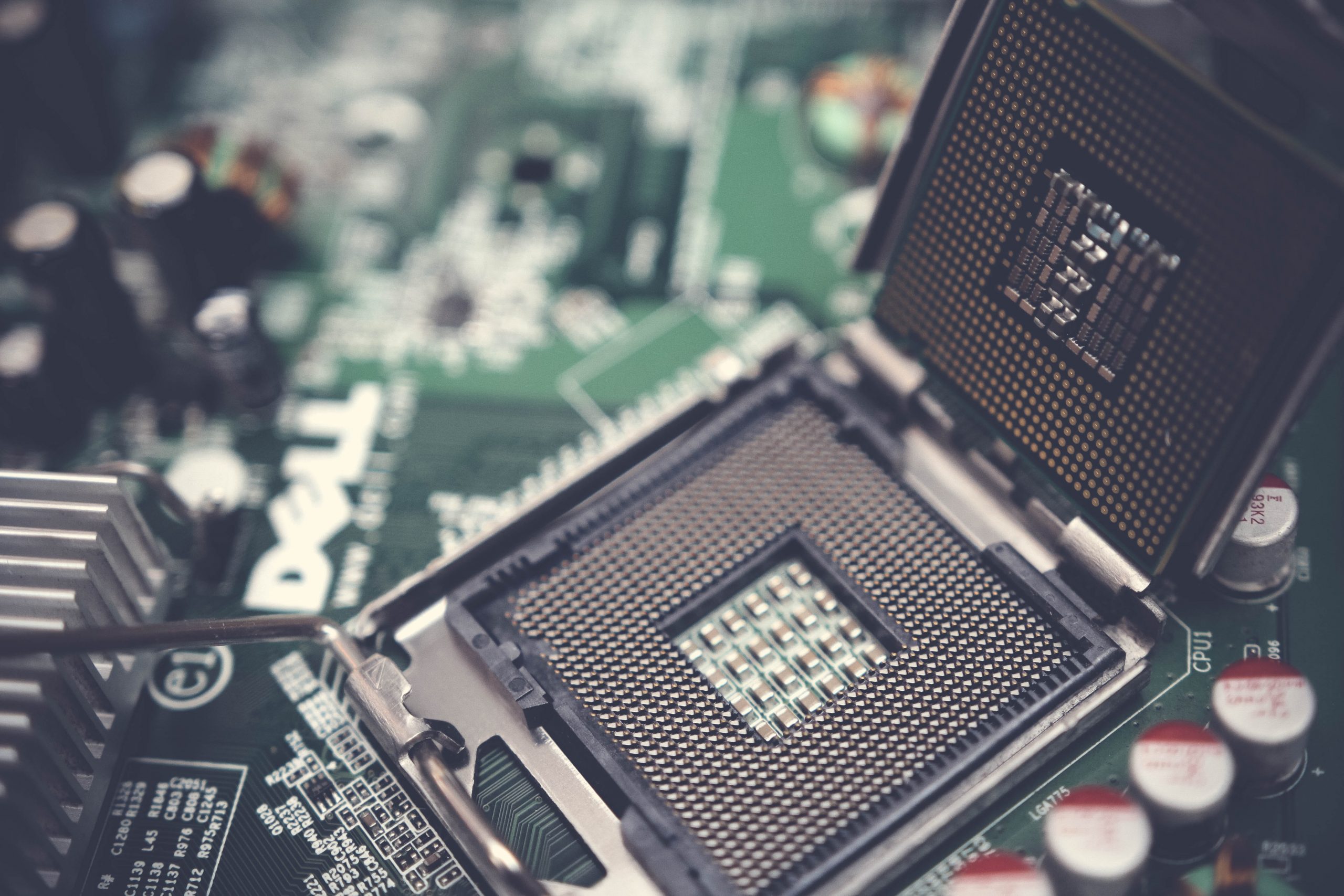The Department of Commerce’s Bureau of Industry and Security (BIS) is implementing a series of targeted updates to its export controls as part of BIS’s ongoing efforts to protect U.S. national security and foreign policy interests. These updates will restrict the People’s Republic of China’s (PRC’s) ability to both purchase and manufacture certain high-end chips used in military applications and build on prior policies, company-specific actions, and less public regulatory, legal, and enforcement actions taken by BIS.
The export controls announced in the two rules today restrict the PRC’s ability to obtain advanced computing chips, develop and maintain supercomputers, and manufacture advanced semiconductors. These items and capabilities are used by the PRC to produce advanced military systems including weapons of mass destruction; improve the speed and accuracy of its military decision making, planning, and logistics, as well as of its autonomous military systems; and commit human rights abuses. Finally, these rules make clear that foreign government actions that prevent BIS from making compliance determinations will impact a company’s access to U.S. technology through addition to the Entity List.
Specifically, the rule:
1.) Adds certain advanced and high-performance computing chips and computer commodities that contain such chips to the Commerce Control List (CCL);
2.) Adds new license requirements for items destined for a supercomputer or semiconductor development or production end use in the PRC;
3.) Expands the scope of the Export Administration Regulations (EAR) over certain foreign-produced advanced computing items and foreign produced items for supercomputer end uses;
4.) Expands the scope of foreign-produced items subject to license requirements to twenty-eight existing entities on the Entity List that are located in the PRC;
5.) Adds certain semiconductor manufacturing equipment and related items to the CCL;
6.) Adds new license requirements for items destined to a semiconductor fabrication “facility” in the PRC that fabricates ICs meeting specified. Licenses for facilities owned by PRC entities will face a “presumption of denial,” and facilities owned by multinationals will be decided on a case-by-case basis. The relevant thresholds are as follows:
- Logic chips with non-planar transistor architectures (I.e., FinFET or GAAFET) of 16nm or 14nm, or below;
- DRAM memory chips of 18nm half-pitch or less;
- NAND flash memory chips with 128 layers or more.
7.) Restricts the ability of U.S. persons to support the development, or production, of ICs at certain PRC-located semiconductor fabrication “facilities” without a license;
8.) Adds new license requirements to export items to develop or produce semiconductor manufacturing equipment and related items; and
9.) Establishes a Temporary General License (TGL) to minimize the short-term impact on the semiconductor supply chain by allowing specific, limited manufacturing activities related to items destined for use outside the PRC.
The rule is effective in phases after being filed for Public Inspection with the Federal Register. The semiconductor manufacturing items restrictions are effective upon filing for Public Inspection (October 7, 2022), the restrictions on U.S. persons’ ability to support the development, production, or use of ICs at certain PRC-located semiconductor fabrication “facilities” is effective five days later (October 12, 2022), and the advanced computing and supercomputer controls, as well as the other changes in the rule, are effective 14 days later (October 21, 2022). Additionally, public comments on all of these changes are due to BIS no later than 60 days from the date of Federal Register publication. The text of the rule is available on the Federal Register’s website here: https://www.federalregister.gov/public-inspection/2022-21658/additional-export-controls-certain-advanced-computing-and-semiconductor-manufacturing-items
This Blog is made available by Wilmarth & Associates for educational purposes as well as to give you general information and a general understanding of export law and compliance, not to provide specific legal advice. This blog is not legal advice and should not be treated as such. You must not rely on this blog as an alternative to legal advice from your attorney or other professional legal services provider. The information provided on this website is presented “as is” without any representations or warranties, express or implied.





